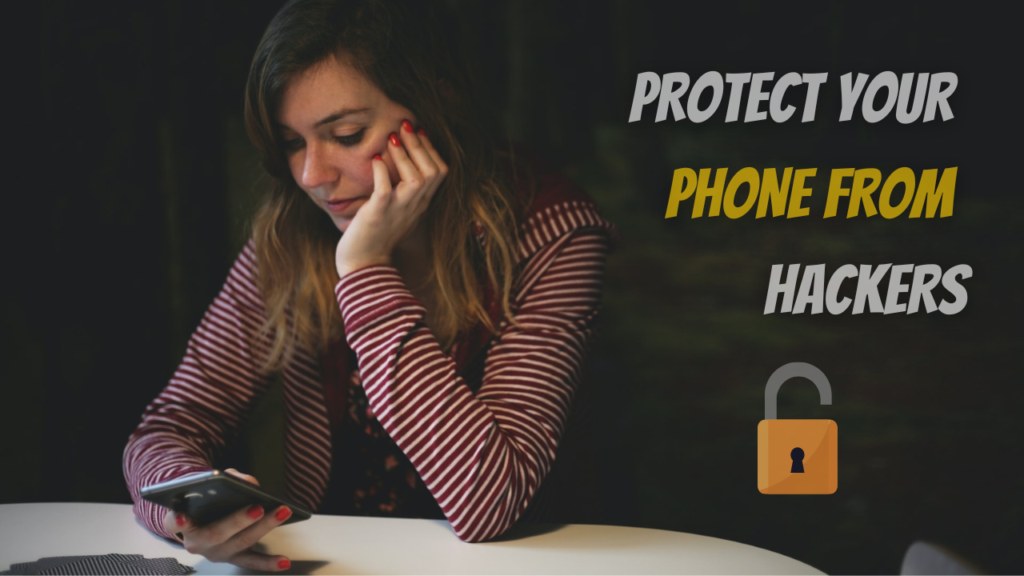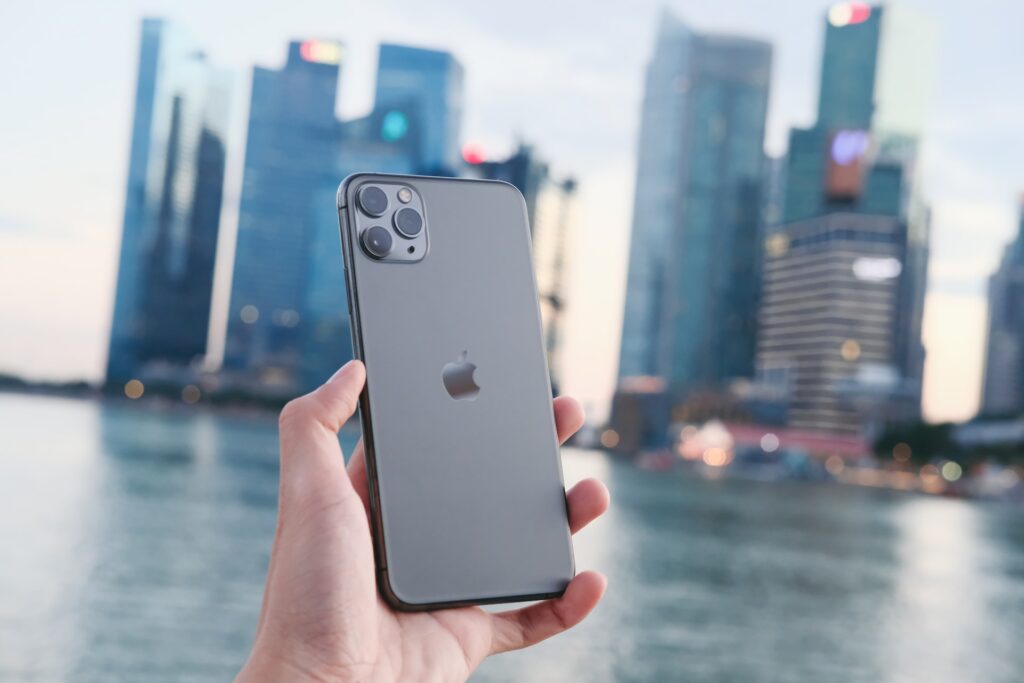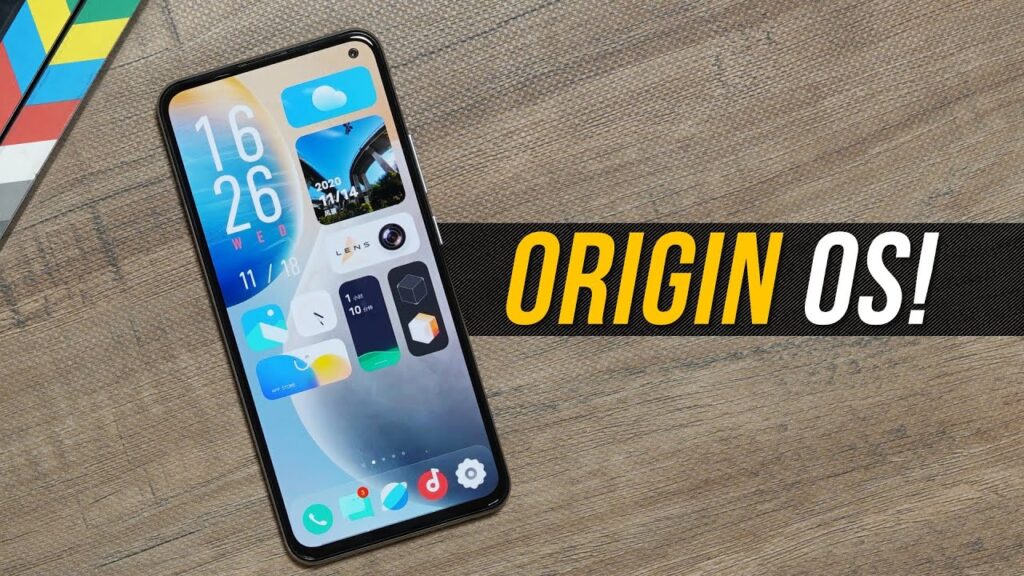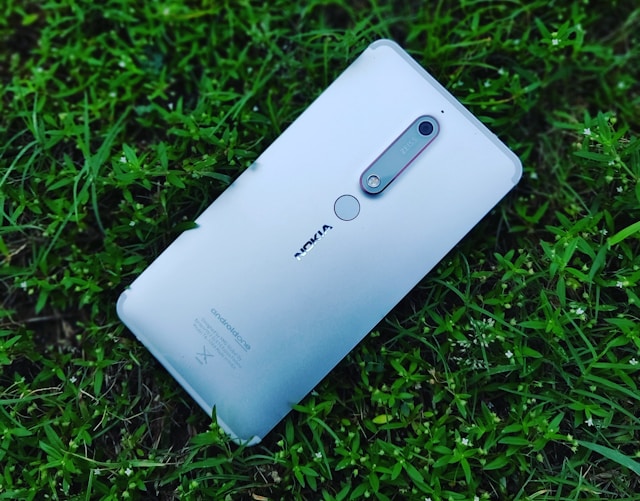Installing security software on your phone can protect you and the items you keep on it because so much of your life is on it. Regardless of whether you use iOS or Android, smartphone security software can safeguard your data, transactions, and payments safe.
Your smartphone is working hard and doesn’t get much rest. If you use it for work, recreation, and a mix of personal affairs in between, you’re like many modern professionals. What if something happened to that phone like it was lost or stolen? What if something happened to that phone like it was lost or stolen? Your phone is a prime target for hackers because of the private information you put on it.
Table of Contents
1. Add extra protection pattern, face, or PIN
First, the fundamentals. You’re most fundamental form of protection, particularly in the event of loss or theft, is to lock your phone using a facial ID, a fingerprint, a pattern, or a pin. Given how many individuals don’t protect their phones with even a basic PIN, the feature prioritizes Tecno mobiles security, which many in the industry view as a positive move. Every six to twelve months, as well as if you learn of a data breach for a service you use, you should change your password.
2. When granting app permissions, take caution
Even if you only download apps from reputable sources like Google Play or the App Store, this does not guarantee that your data will be safe on any given app. By limiting an app’s access, you can take more precautions for your safety.
A lot of apps will ask for access to data like your contacts, location, and other details. While allowing these rights might seem innocent at the time, if the app were ever hacked or otherwise compromised, it could pose a privacy risk. If an app asks for permissions that seem dubious, refuse the requests and file a ticket with the app store to make a formal complaint.
3. Set Up Two-Factor Authentication (2FA)
One of the simplest and most powerful security measures you can use is two-factor authentication or 2FA. 2FA, as its name suggests, is an additional security measure for online accounts that requires you to input another piece of information in addition to your password and username.
Use a software token-based technique that creates a time-based, one-time passcode, like Google Authenticator, for the highest level of security. Avoid using voice-based 2FA or SMS text-based 2FA as much as possible because they are less secure and are more susceptible to hacking.
4. Don’t leave online services unlocked
Auto-login is a really useful tool, especially since inputting passwords on a virtual keyboard can be tedious. Additionally, it poses a serious security risk because anyone with access to your browser can access all of your online accounts. Even if you take every precaution to keep your Techno mobile secure, this still applies: Online services are frequently attacked by hackers who steal user credentials, which they subsequently utilize on other websites.
5. Beware of open Wi-Fi
We are all aware that using an open wireless network carries some danger. You might not be aware of how serious it is, though: everyone nearby has access to see what you’re doing online. Although this kind of attack requires specialized tools and training, it is nevertheless a risk that should not be disregarded and is unlikely to present itself at your neighborhood café.
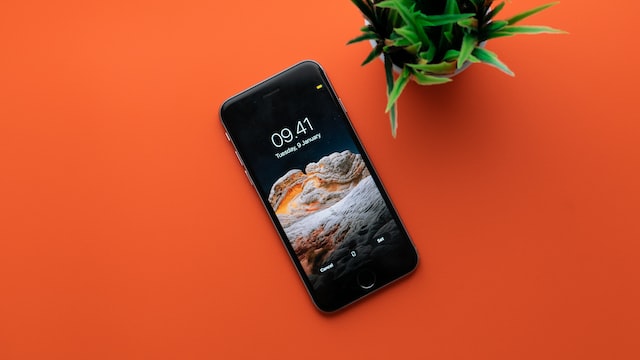
6. Use a VPN
Or, to put it another way, avoid connecting to unsecured public Wi-Fi networks. When connecting privately on insecure public networks like airports, cafes, hotels, and such, a VPN hides your connection from hackers. You can be sure that your private information, documents, and online activities are shielded from prying eyes with a VPN connection, given how much professional and personal business we handle with our smartphones, this is undoubtedly a fantastic sensation.
7. Lock individual apps
Even if someone manages to bypass your lock screen on a mobile phone, they won’t be able to access your mail or banking app without a secondary password because you may lock specific apps. Although the OS doesn’t come with this feature, many free applications do, including AVG Antivirus Free. IOS users can’t manually lock individual apps, but check out Folder Lock – free on the App Store. This can password-protect your files and folders, limiting the data that a burglar can access.
